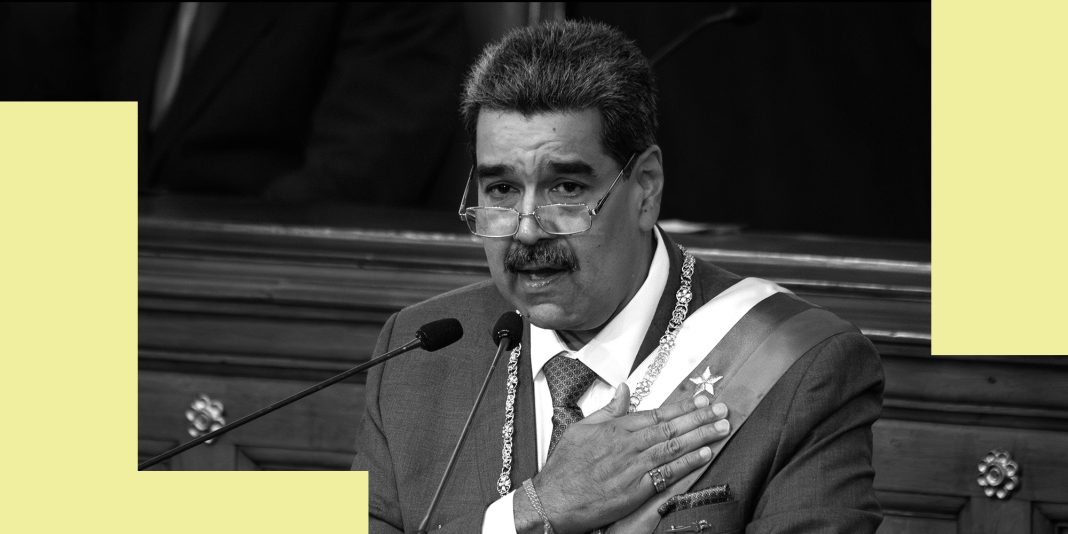President Nicolás Maduro’s victory in the latest election in Venezuela has sparked controversy and political unrest. The opposition, led by ex-diplomat Edmundo González Urrutia, declared fraudulent results and claimed their own victory, pushing Venezuela to the brink of a crisis. The United States, under the Biden administration, immediately seized on the disputed election, calling for verification and declaring support for the opposition.
However, the effectiveness of U.S. policy in Venezuela is questionable. Instead of achieving its goal of pressuring Maduro out of office, the policy of intense sanctions has devastated the nation’s economy. These sanctions, implemented under both President Trump and President Biden, have led to the deaths of tens of thousands of Venezuelans and forced millions to flee, contributing to the migration crisis at the U.S. border.
Democratic Rep. Greg Casar of Texas highlights the irony of the situation, stating that the U.S. is contributing to the desperation and poverty that asylum-seekers are trying to escape. The approach to sanctions ultimately harms both the targeted nations and the U.S. itself, as we are all interconnected.
The impact of sanctions on Venezuela’s economy is evident. U.S. sectoral sanctions on the country’s oil industry have caused one of the most severe economic contractions ever recorded, surpassing even the Great Depression. This economic crisis has driven over 7 million Venezuelans to flee, creating the largest migration crisis in the Western Hemisphere.
The Biden administration temporarily eased some sanctions to allow Venezuela to export more oil and gas in exchange for a promise of “free and fair elections.” However, these broader sanctions were reimposed in April. Venezuelan economist Francisco Rodríguez argues that without sanctions, Venezuela would have experienced a typical economic crisis, but not to the extent seen now.
The Trump administration’s decision to impose sanctions on Venezuela, despite warnings from officials, has resulted in a significant increase in Venezuelan migrants at the southern border and in transit through Central America. Colombian President Gustavo Petro has called for an end to these “anti-human” measures, emphasizing that sanctions only lead to more hunger and violence.
Sanctions have become a popular tool for U.S. foreign policy, seen as a less harmful alternative to war. However, United Nations experts argue that these measures amount to economic warfare and harm civilians who deserve the same protections as those in war zones. Venezuela serves as an example of how sanctions are used to achieve regime change, as citizens facing economic decline are more likely to blame their own leaders than the impact of foreign-imposed sanctions.
Maduro’s government has campaigned against the U.S. sanctions, but the economic hardship has eroded overall support. The opposition leaders, on the other hand, benefit electorally from the sanctions as long as they don’t endorse collective punishment of their own citizens. This dynamic has made finding agreement and compromise more difficult.
As Venezuela faces protests and political turmoil, there may be a temptation to intensify sanctions in hopes of spurring change. However, the messy consequences of such actions raise doubts about their effectiveness in promoting democracy. The situation in Venezuela serves as a reminder that the impact of sanctions goes beyond the intended targets and can have far-reaching consequences.


